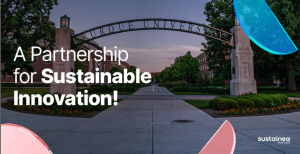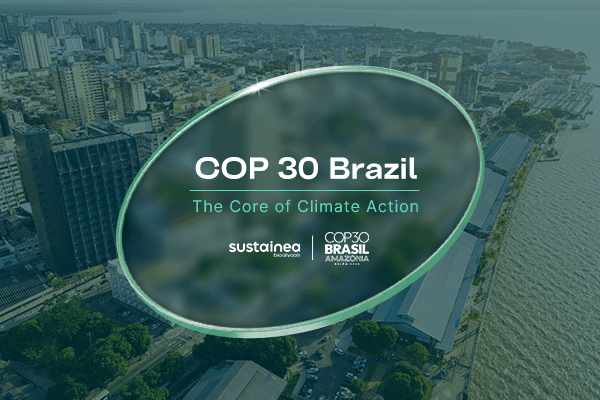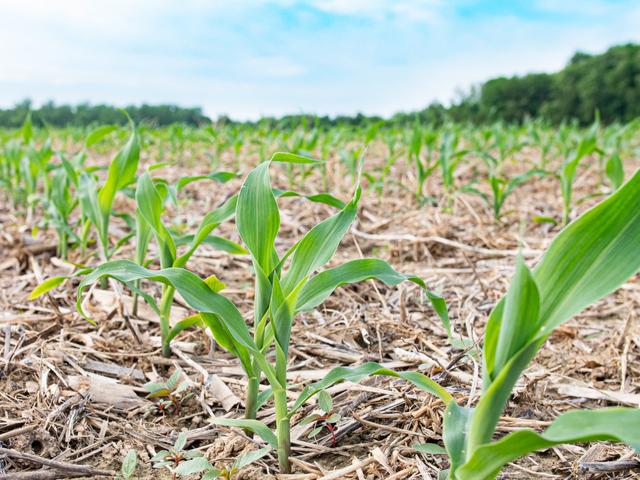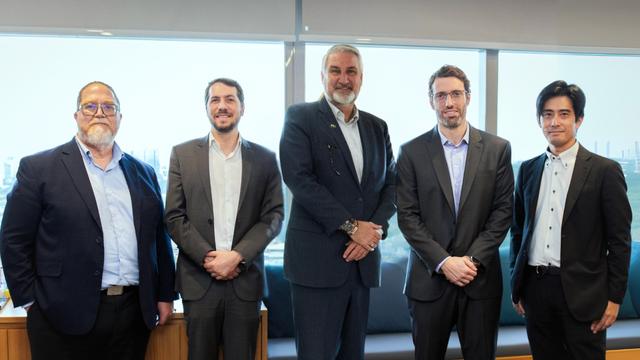12/19/2024
Sustainea, an innovative company dedicated to manufacturing sustainable chemicals with a low-carbon footprint, is planning to invest $400 million in Lafayette, Indiana. In collaboration with local company Primient, who will supply corn-based dextrose precursors, Sustainea will convert this renewable feedstock into Bio-MEG (monoethylene glycol) — a key chemical intermediate used in everyday products from food containers to footwear.
Purdue University’s College of Engineering, particularly through the Center for Innovative and Strategic Transformation of Alkane Resources (CISTAR) and Leading Energy-Transition Advances and Pathways to Sustainability (LEAPS) programs, is driving the transformation of Indiana and Lafayette into a leading hub for sustainable chemical and fuel production. By leveraging the region’s strengths — renewable energy resources, smart energy distribution, carbon capture and sequestration technologies, and a thriving biomanufacturing landscape – the university is positioning Lafayette as a focal point for sustainable biomanufacturing in the Midwest. This ecosystem makes Indiana the ideal location for companies committed to building a sustainable future.
Sustainea noted that Primient has proven to be a strategic partner and long-term ally, with strong operational synergies and shared values. In a recent statement, Gustavo Sergi, CEO of Sustainea, affirmed that the Lafayette plant, which will rely on high energy-efficient and low-carbon dextrose, is expected to uniquely position Sustainea’s Bio-MEG for both sustainability and competitiveness.
“Purdue University, with its renowned ecosystem and commitment to sustainability, provides an ideal environment for Sustainea’s growth and innovation in bio-manufacturing,” said Gustavo Sergi. “Our collaboration with Purdue on advancing the Bio-MEG project highlights the university’s strengths and our shared vision. We’re also excited about exploring future projects together to establish Sustainea as a global leader in sustainable chemicals.”
Paul Moses, Greater Lafayette Commerce vice president for economic and workforce development, said that with a global emphasis growing on sustainability issues, “we have some significant advantages, including Purdue and its CISTAR and LEAPS programs, which Professor Fabio Ribeiro leads. The whole ag-bioscience sector holds great potential for our region and the state.”
“We look forward to partnering with Sustainea and other forward-thinking companies to advance innovations in renewable manufacturing and establish Lafayette as a model for sustainable industrial growth,” said Ribeiro.
The company plans to break ground on its new Indiana operation following the finalization of engineering and final investment decision and expects to begin production in 2028.








